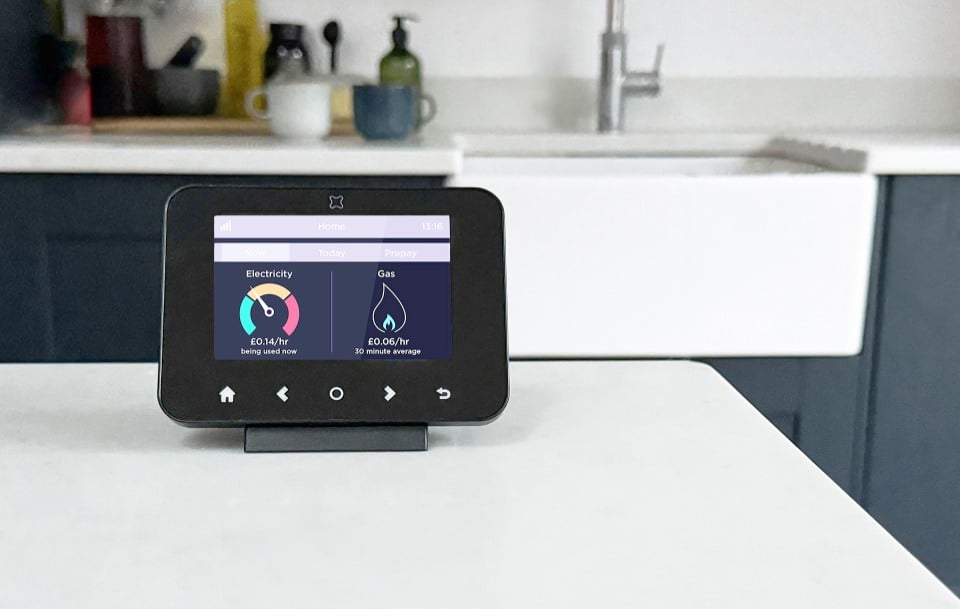The smart meter roll-out should be extended to 2023 to address a number of issues that have emerged for consumers, according to Citizens Advice.
The consumer watchdog went public late last week on the issue, with director of energy Victoria MacGregor appearing on morning television to call on the government to extend the installation programme by three years.
She revealed that 3,000 people had contacted Citizens Advice over 2017 to report issues with their meters, most notably around the use of first generation SMETS1 meters that lose their smart functionality when consumers switch supplier.
The charity group also claimed that consumers were suffering from aggressive sales practices from suppliers trying to get smart meters installed, problems with installations, and customers having to submit their meter readings manually despite having a smart meter installed.
“We’re worried about how the rollout is going,” MacGregor said, adding that the deadline for installations should be extended to give time for these issues to be resolved.
“We really want the smart meter roll-out to work because we think, ultimately, smart meters are going to bring great benefits to consumers.
“It’s vital the government gets this right,” she added.
The most recent figures from the Department of Business, Energy and Industrial Strategy (BEIS) up to the end of March show that just over 10 million smart meters have been installed in UK homes, with little more than a million non-domestic meters in place.
This leaves around 42 million remaining with less than two years until the existing 2020 deadline.
Citizens Advice claims consumer confidence in the rollout will “continue to be undermined” if this is not extended, which would also allow time for a new cost benefit analysis to scrutinise the rollout on behalf of consumers.
The most recent analysis was published in 2016 and Citizens Advice claims the government needs to publish updated information to reflect that changing rollout and associated costs.
The smart meter roll-out has faced significant criticism for months owing to its slow progress, most recently by shadow energy minister Alan Whitehead and Conservative backbencher James Heappey agreeing that the programme showed all the signs of a car crash.
A number of big suppliers have faced disciplinary action for late delivery, most recently Npower which was fined £2.4 million after it failed to install advanced meters for some electricity business customers.
Despite these issues, BEIS has remained steadfast in its 2020 commitment with energy and clean growth minister Claire Perry releasing a statement to counter Citizens’ Advice campaign.
“The rollout is making good progress. Pushing back the rollout would only delay millions of households from enjoying the substantial benefits of moving to a smart energy system,” she said.






